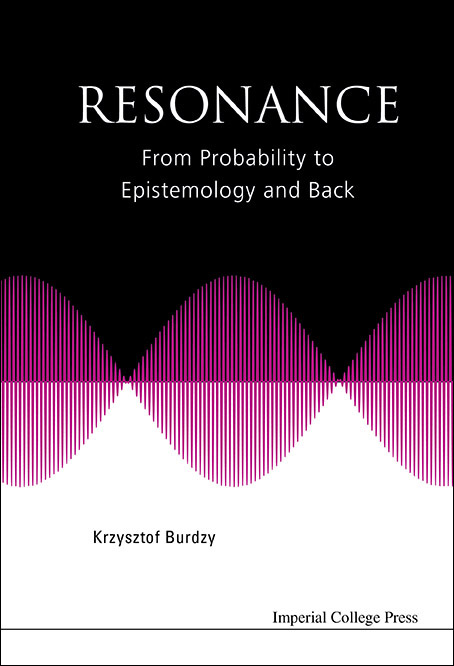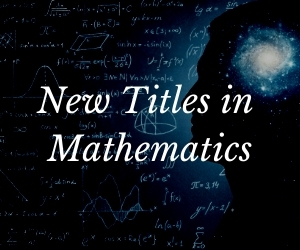System Upgrade on Tue, May 28th, 2024 at 2am (EDT)
Existing users will be able to log into the site and access content. However, E-commerce and registration of new users may not be available for up to 12 hours.For online purchase, please visit us again. Contact us at customercare@wspc.com for any enquiries.
Resonance examines some building blocks of epistemology as a prelude to the careful analysis of the foundations of probability. The concept of resonance is introduced to shed light on the philosophical problems of induction, consciousness, intelligence and free will. The same concept is later applied to provide support for a new philosophical theory of probability.
Although based on existing ideas and theories, the epistemological concept of resonance is investigated for the first time in this book. The best-known philosophical theories of probability, frequency and subjective, are shown to be unrealistic and dissociated from the two main branches of statistics: frequency statistics and Bayesian statistics.
Written in an accessible style, this book can be enjoyed by philosophers, statisticians and mathematicians, and also by anyone looking to expand their understanding of the disciplines of epistemology and probability.
Sample Chapter(s)
Chapter 1: Introduction (112 KB)
Contents:
-
- Introduction
- Philosophy of Probability:
- Main Philosophies of Probability
- Skepticism
- The Frequency Philosophy of Probability
- The Subjective Philosophy of Probability
- The Logical Philosophy of Probability
- Common Issues
- Epistemology:
- Epistemology
- Religion
- Science
- Science of Probability:
- The Science of Probability
- Decision Making
- Frequency Statistics
- Bayesian Statistics
- Miscellanea:
- On Ideologies
- Paradoxes, Wagers and Rules
- Teaching Probability
- Mathematical Methods of Probability and Statistics
Readership: Philosophers, statisticians and mathematicians, and readers who are interested in the fields of epistemology and probability.
























